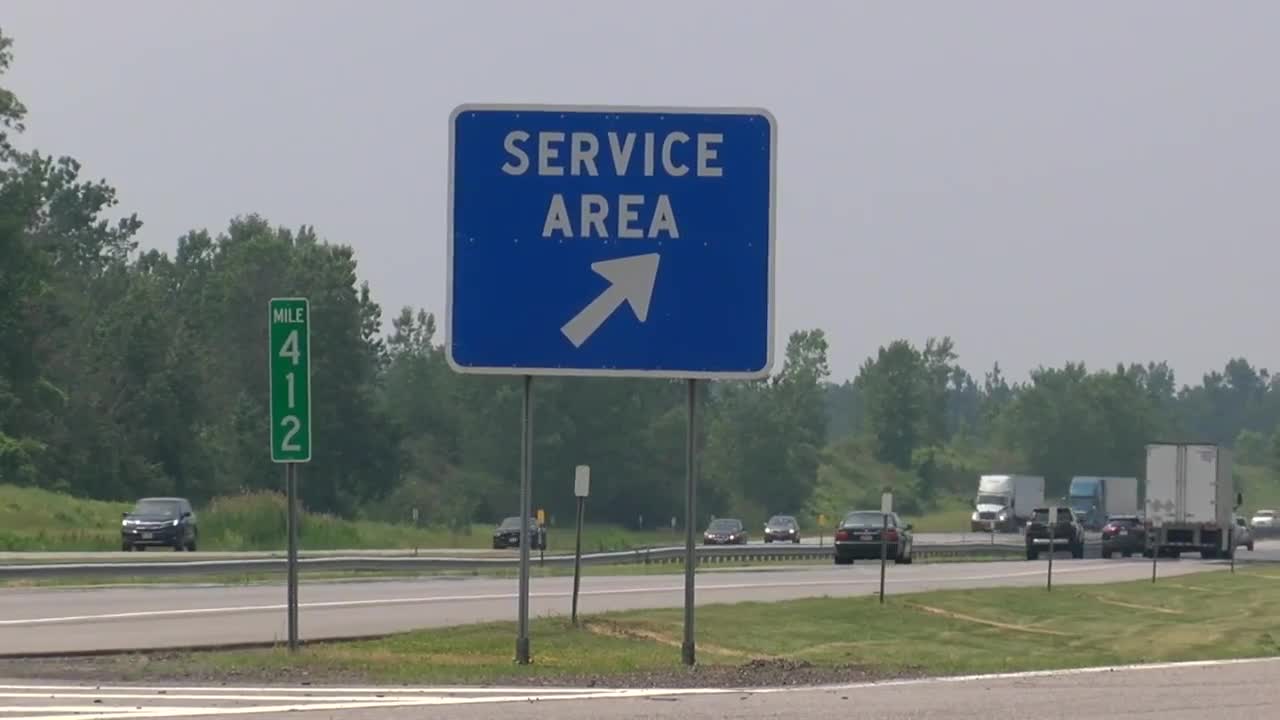A group of twelve New York State blind vendors filed a complaint against the New York State Thruway Authority and the New York State Commission for the Blind on July first.
"We choose to not sit home on disability, and yet we still have agencies in New York state that'll ignore the priority in the law," said Karen Blachowicz, Chairperson of the New York Committee of Blind Vendors.
She's the lead complainant - out of 12 blind vendors - in the filing. The group said the Thruway Authority failed to provide them with adequate opportunities to operate vending facilities as required by state law.
Vending facilities include snack bars, vending machines, gift shops and convenience stores.
"New York, like every state in the country, has what's referred to as the Randolph-Sheppard Act. Which gives a priority for blind vendors to operate vending facilities at state and federal properties," said Andrew Freeman, attorney for the vendors.
Freeman said that law applies to the 27 Thruway Authority rest areas as well.
But he said the Thruway Authority signed a contract with a private corporation, Applegreen, to rebuild all 27 service areas, and for Applegreen - an Irish corporation, to operate the food services at those service areas for the next 33 years.
Blachowicz said this decision completely cut the blind vendors out.
"We rely on that revenue to support our families. We are very hard-working people, the majority of us work 12 to 14 hour days. That was an opportunity granted to us under the law back in 2010," she said.
Freeman said all 27 service areas should include one vending facility for a blind vendor to operate.
Blachowicz and Freeman said the Thruway Authority has decided to no longer have any vending machines at the service areas.
A Thruway Authority spokesperson provided 7 EWN with the following statement:
“Thruway Authority staff have had discussions with the NYS Commission for the Blind for years leading up the competitive contract award to AppleGreen to reimagine and redevelop our 27 service areas. The Commission engaged with our staff, offered constructive feedback and agreed to the terms offered in the RFP. Currently, the Commission is actively working with Applegreen on a plan.”
"Blind people by law have a priority to operate at least one vending facility at each rest area, as well as to operate all of the vending machines at all of the rest areas," said Freeman.
The group said it is waiting to hear back from the Office of Children & Family Services and the Thruway Authority.
A hearing officer will be appointed to conduct a hearing.




